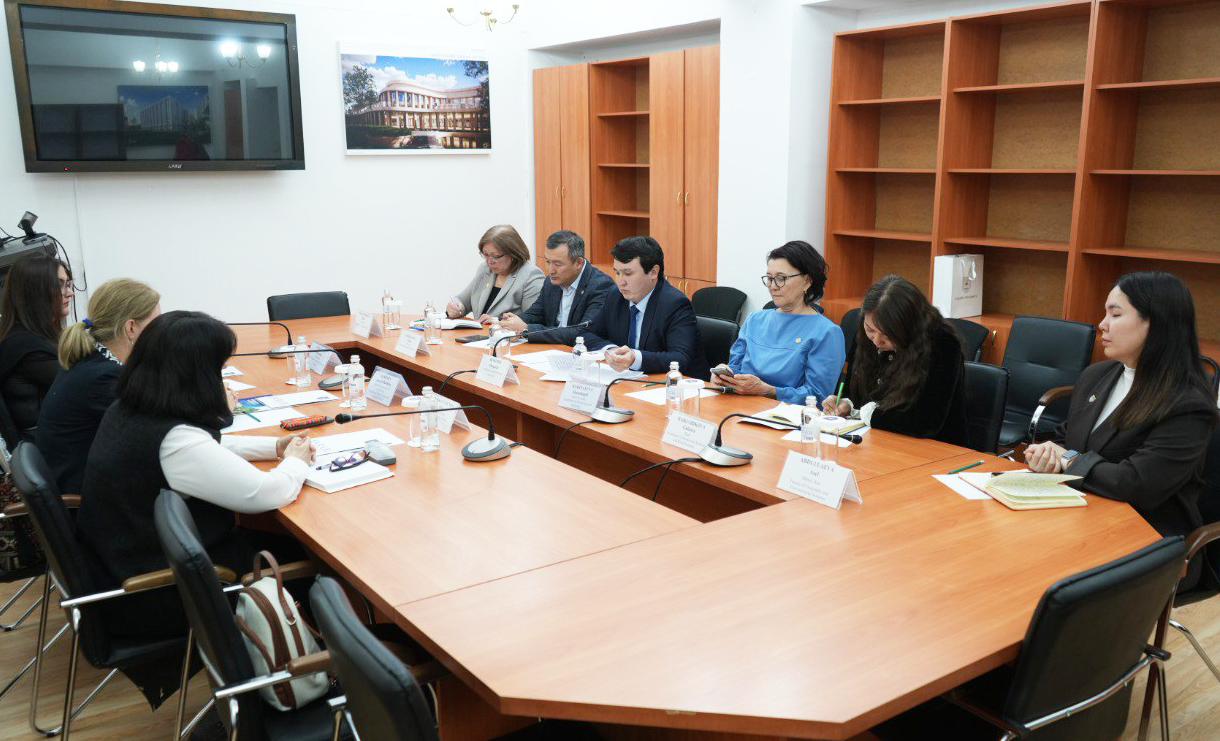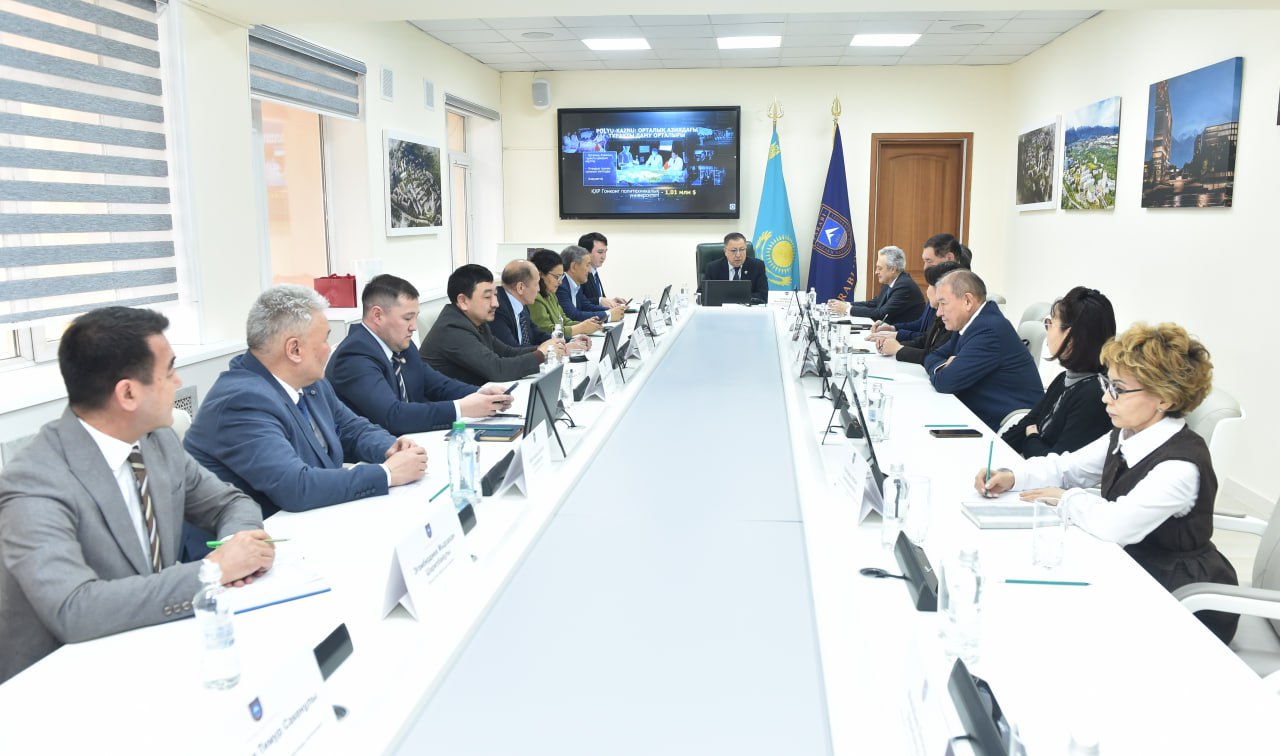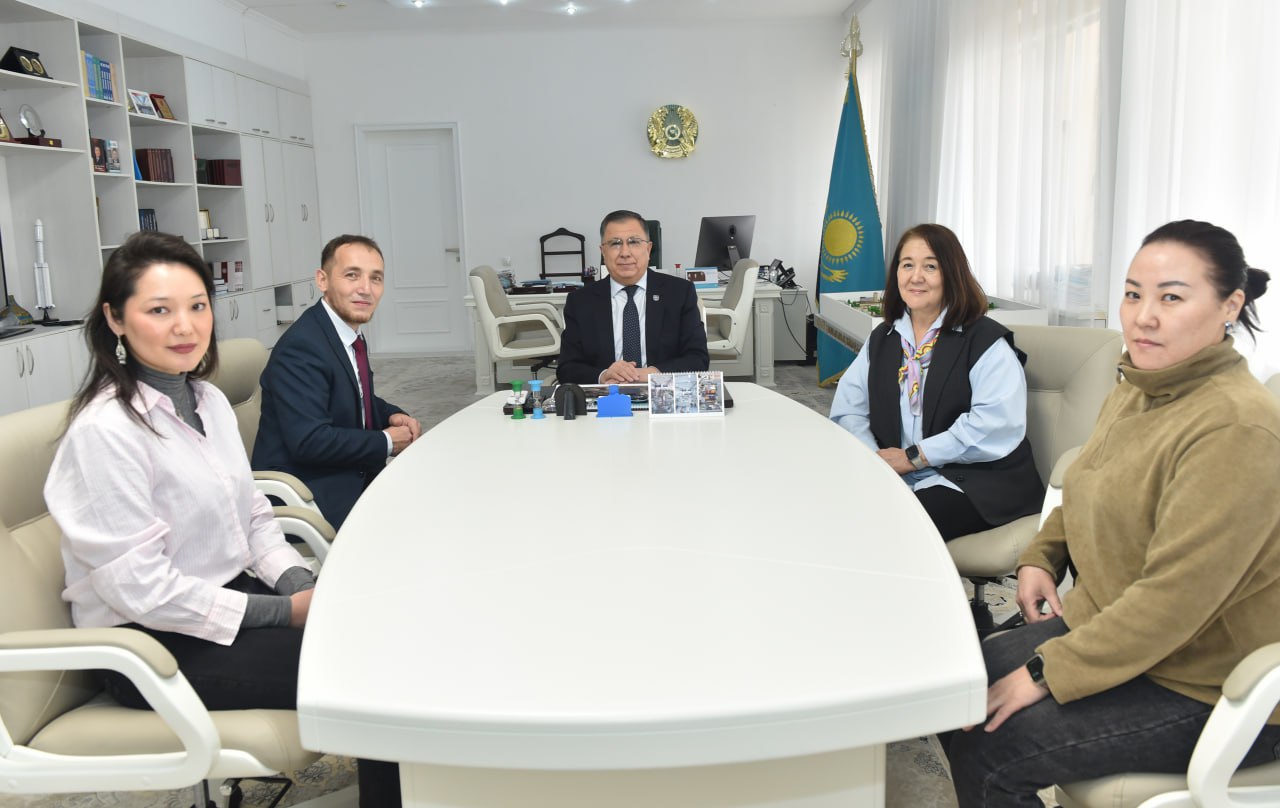График работы профессора Кемала Ханжалика

График работы профессора Кемала Ханжалика
4.10.2010 г. – 9.10.2010 г.
Место проведения: актовый зал механико-математического факультета
|
Дата |
Вид работы |
Ауд. |
Прод-сть |
Время |
|
4.10.2010 |
Консультация докторанта PhD |
215 |
2 часа |
10.00 – 12.00 |
|
4.10.2010 |
1. Лекция «Basic notions and properties of turbulence, relevant for modelling & simulations» 2. Лекция «Mathematical tools for analytical description of turbulence» |
Акт. зал |
4 часа |
14.00 – 18.00 |
|
5.10.2010 |
Консультация докторанта PhD |
215 |
3 часа |
10.00 – 13.00 |
|
5.10.2010 |
3. Лекция «Statistical description of turbulence: problem of closure» 4. Лекция «Classification of turbulent flows and phenomena. Generic flows» |
Акт. зал |
4 часа |
14.00 – 18.00 |
|
6.10.2010 |
Консультация докторанта PhD |
215 |
3 часа |
10.00 – 13.00 |
|
6.10.2010 |
5. Лекция «RANS turbulence models: basics of modelling and linear eddy-viscosity models» 6. Лекция «Advanced turbulence modelling concepts and supporting mathematical tools» |
Акт. зал |
4 часа |
14.00 – 18.00 |
|
7.10.2010 |
Консультация докторанта PhD |
215 |
3 часа |
10.00 – 13.00 |
|
7.10.2010 |
7. Лекция «Modelling of extra strain-rates effects (curvature, 3-D, rotation, swirl, separation» 8. Лекция «Modelling of effects of thermal and concentration buoyancy and electro- and magnetic fields, Magnetofluid-dynamics, MHD» |
Акт. зал |
4 часа |
14.00 – 18.00 |
|
8.10.2010 |
Консультация докторанта PhD |
215 |
3 часа |
10.00 – 13.00 |
|
8.10.2010 |
9. Лекция «Large-eddy simulations: Filtering and filtered equations. Subgrid-scale models» 10. Лекция «Large-eddy simulations: near-wall resolution, LES for heat transfer» |
Акт. зал |
4 часа |
14.00 – 18.00 |
|
9.10.2010 |
Консультация докторанта PhD |
215 |
2 часа |
10.00 – 12.00 |
|
9.10.2010 |
11. Лекция «Hybrid RANS/LES (Detached Eddy Simulation (DES) U-RANS, VLES, zonal and seamless hybrid approaches» 12. Лекция «Examples of application in engineering and the environment» |
Акт. зал |
2 часа |
13.00 – 15.00 |
|
9.10.2010 |
Консультация докторанта PhD |
306 |
2 часа |
16.00 – 18.00 |
Professor Kemal (Kemo) Hanjalic, MSc (Univ. Birmingham, UK), PhD (Imperial College, London, UK), is a (EU) Marie Curie Chair holder at the University of Rome “La Sapienza” in Computer Modelling and Simulation for Industrial Thermo-Fluids Applications. He served as Professor and Head of the Thermal and Fluids Sciences in the Department of Multi-scale Physics at TU Delft (1994-2005), Professor at the Michigan University of Technology, USA (1993-1994), DAAD Guest Professor at the Darmstadt University of Technology, Germany (2005-2006) and DFG Guest Professor at the University of Erlangen, Germany (1991- 1993). Prior to 1991, he was a Professor of Mechanical Engineering and Director of the Institute for Process, Power and Environmental Engineering at the University of Sarajevo.
He has published extensively in theoretical and applied international journals and monographs on topics of fluid flow, turbulence measurements, modelling and simulation, heat transfer and combustion, buoyancydriven phenomena and magneto-fluid-dynamics. He has been internationally recognized as one of the pioneers and a major contributor to the development of mathematical models of turbulence and associated transport processes. His turbulence models have been widely applied both in research- and industrial computations of fluid flow, heat transfer, and combustion. His recent interest is focused on LES And hybrid LES/RANS of wall-bounded flows with heat transfer.
He has also worked on development of new equipment and processes in thermal engineering (piston and screw compressor, entrained coal-gasification, pulse combustor). He holds (with I. Smajevic) two patents on the detonation wave technique for on-line cleaning of gas-side surfaces in steam boilers fired by fossil fuels, which has been successfully used in several large boiler installations. He has consulted with industries in Europe, the USA and Singapore.
He is Editor-in-Chief of the international journal “Flow, Turbulence and Combustion” published by Springer, and is a member of the editorial and advisory boards of several other international journals. In 1992 he received the Max Plank Research Award for his achievements in the research of turbulence. He has been awarded a D.Sc. (Eng) from the Univ. London, UK, and has been elected International Fellow of Royal Academy of Engineering (FREng) in UK and is a Fellow of the Institute of Physics (FInstP), of ASME and of ICHMT.


